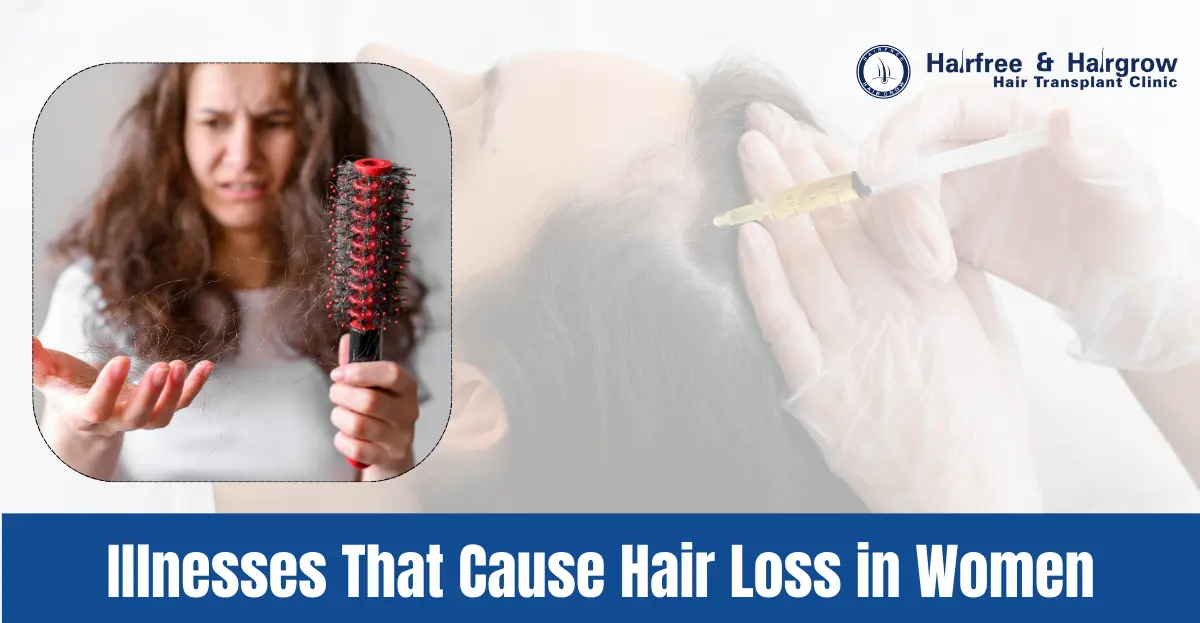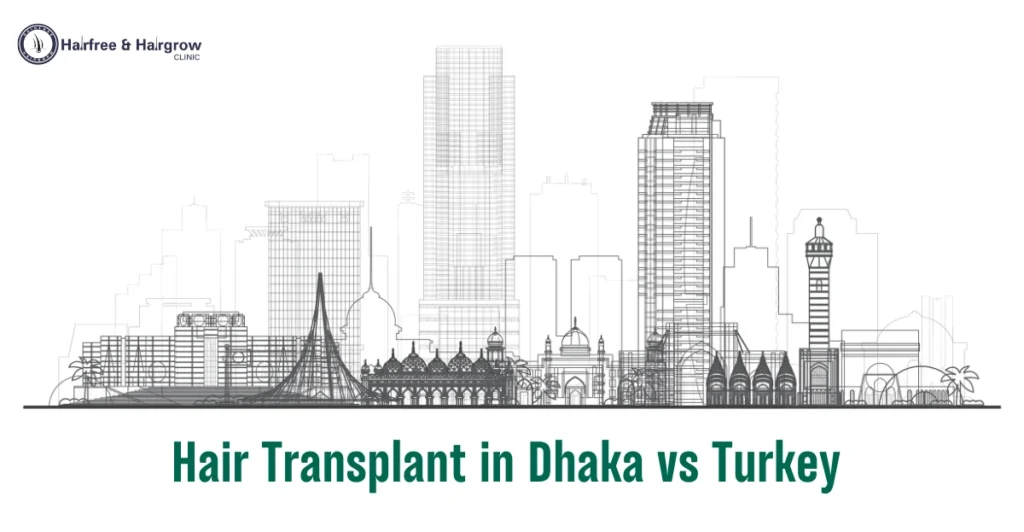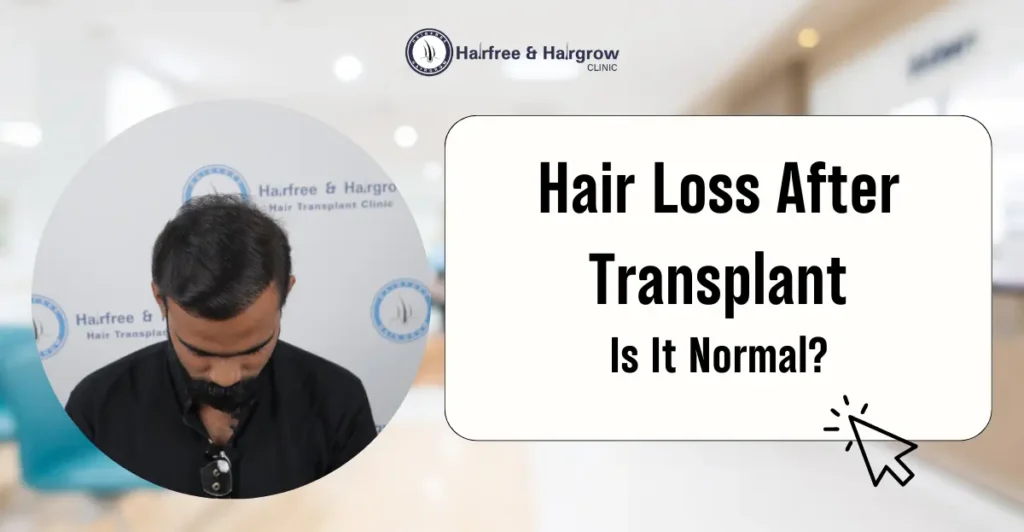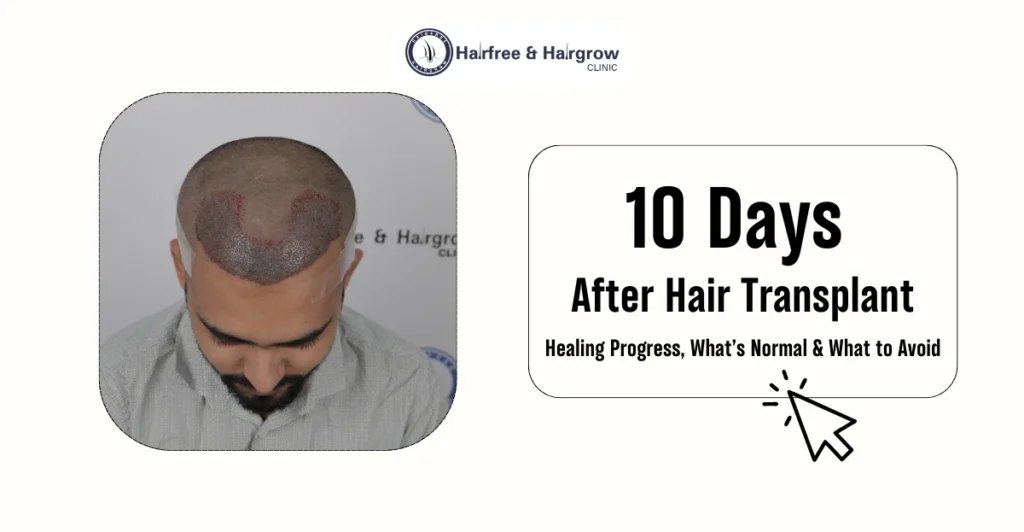Hair is the first sign of beauty and health in a person, making it all the more painful when it falls due to an underlying health issue. To manage hair loss in women, it is important to know the causes or illnesses behind it. From thyroid disorders and hormonal to nutritional deficiencies, several causes can affect the normal hair growth cycle. This blog will discuss all the common illnesses that cause hair loss in women, their psychological impact, and some potential cures for the same.
Table of Contents
What Are The Cycles Of Hair Growth?
The hair grows in cycles with three main phases:
- Anagen or Growth Phase: This is the active growth phase of hair, lasting for 2-7 years.
- Catagen or Transition Phase: This is a small period of approximately 2-3 weeks, wherein the hair remains fixed within the follicle and is devoid of further growth.
- Telogen or Resting Phase: Lasting for approximately 3 months, it ends with the hair shedding and initiation of the new cycle.
The female hair loss causes would be from temporary shedding or to permanent loss when this cycle is disrupted by illnesses or health conditions.

Types of Hair Loss in Women
- Telogen Effluvium: Hair is exposed to the remaining test phase prematurely by stress or illness causing diffuse thinning of hair.
- Alopecia Areata: An auto-immune condition with irregular or patchy loss of hair.
- Androgenic Alopecia: This is a hereditary form of hormonal imbalance and hair loss.
Thyroid Disorders
Hypothyroidism and hyperthyroidism are disorders that give a setback to hair growth. Such perturbations from the established distribution of thyroid hormones cause impairment in the anagen phase and diffuse thinning throughout the scalp. Another common scenario associated with hair loss and thyroid problems is dry hair, brittle nails, and the feeling of general fatigue in patients. The cure for the thyroid imbalance is what can ultimately help patients achieve good hair status again.
Autoimmune Diseases
Alopecia areata, lupus, and psoriasis are autoimmune diseases that can prove a considerable cause of hair loss. The hair follicles fall to assault by the immune system of the body for hair loss, which may be in the form of wide patches or full loss of hair. Along with other signs, the most common signs of hair loss are pain and irritation on the scalp.
Hormonal Imbalances
Hormonal changes like pregnancy or menopause or a condition like polycystic ovary syndrome (PCOS) can be a cause for hair thinning. Hormonal imbalance with hair loss is because the fluctuation levels of hormones are hectic and can disrupt the hair growth cycle, mostly resulting in androgenic alopecia.
Nutritional Deficiencies
Essential nutrient lack brings about weakness in the hair follicles. For instance:
- Iron deficiency and hair loss: With lower oxygen levels due to a low iron supply, hair will not receive a sufficient supply of oxygen for its structure; hence, it will thin.
- Vitamin D deficiency: Affects the growth of hair and cycles of follicles.
- Protein nutrient deficiency: Reduces the strength of hair structure. A diet of these items balanced with other supplements can work against these causes.
Chronic Illnesses and Medications
Chronic diseases such as diabetes, chronic kidney disease, and cancer have direct effects on hair. It might have side effects due to certain medications like chemotherapy drugs, antidepressants, and beta-blockers leading to hair loss. Though hair loss associated with various ailments is often temporary, understanding the underlying hair loss due to health conditions would help determine its treatment.
Psychological Influence of Hair Loss in Women
For women, loss of hair can mean loss of self-esteem and emotional well-being. Anxiety, depression, and social withdrawal become common. Counseling by popular health practitioners, therapists, or support groups may be the first step in enabling women to cope with the psychosocial impacts of hair loss.
Treatment Options for Illness-Related Hair Loss
- Underlying Condition Treatment: Requires proper diagnosis and management of conditions such as thyroid disorders or iron deficiency.
- Medications: Minoxidil or orally taken medication such as spironolactone increases the regrowth of hair.
- Supplementing the Diet: Supplements like iron, biotin, and vitamin D nourish hair.
- Platelet Rich Plasma (PRP): Injecting into the scalp with growth factors stimulates hair growth.
- Hair Transplantation: Suitable for those with serious or irreversible baldness.
A dermatologist or trichologist would be consulted on a personalized method of treatment.
Conclusion
There are several medical causes of hair loss, from thyroid to autoimmune to lack of nutrients. While hair loss can sound as if it were the end of the world, an understanding of its cause and the form of treatment can make one’s hair grow back with confidence. An ill-intuitive approach could help in the treatment of hair loss in women and gain healthy locks despite internal illnesses.
FAQ
Hair loss and thyroid issues are interconnected, although it is temporary. Hairs generally regrow on receipt of the right treatment and hormone regulation.
Yes, hair loss could be reversed with additional iron intake, whether it is through supplements or an iron-rich diet.
In case of hair loss due to autoimmune diseases, corticosteroids and immunosuppressives may be used. Another potential treatment modality is PRP. Consult the dermatologist for a more personalized approach.

Written By
Medical Officer & Hair Transplant Surgeon
Dr. Nazmin Sultana Nipa is a distinguished hair transplant doctor in Bangladesh, known for her advanced skills in hair restoration. As a Medical Officer and Hair Transplant Surgeon, Dr. Nipa combines her extensive experience in the field with a focus on transparency and patient-centered care.
Disclaimer
We’ve made all possible efforts to ensure that the information provided here is accurate, up-to-date and complete, however, it should not be treated as a substitute for professional medical advice, diagnosis or treatment. See Detailed Disclaimers Here.



